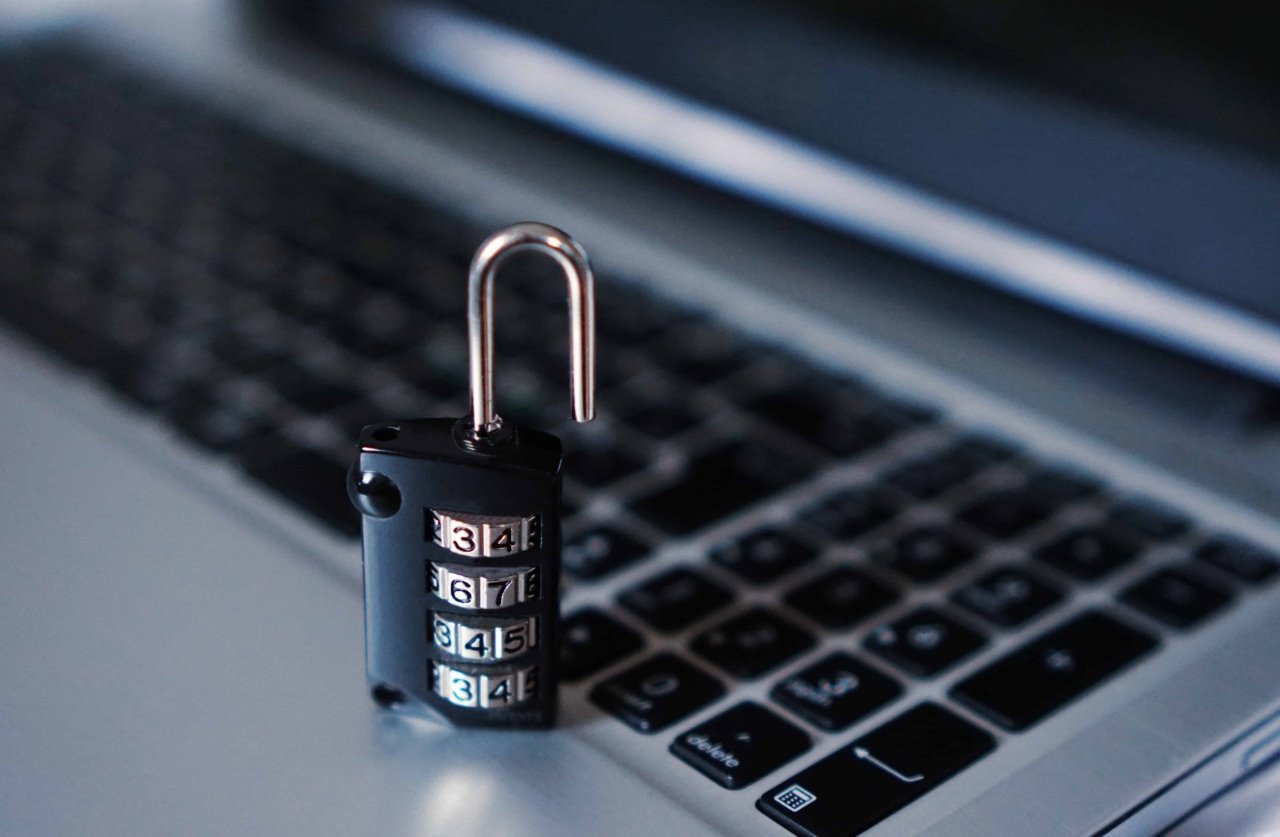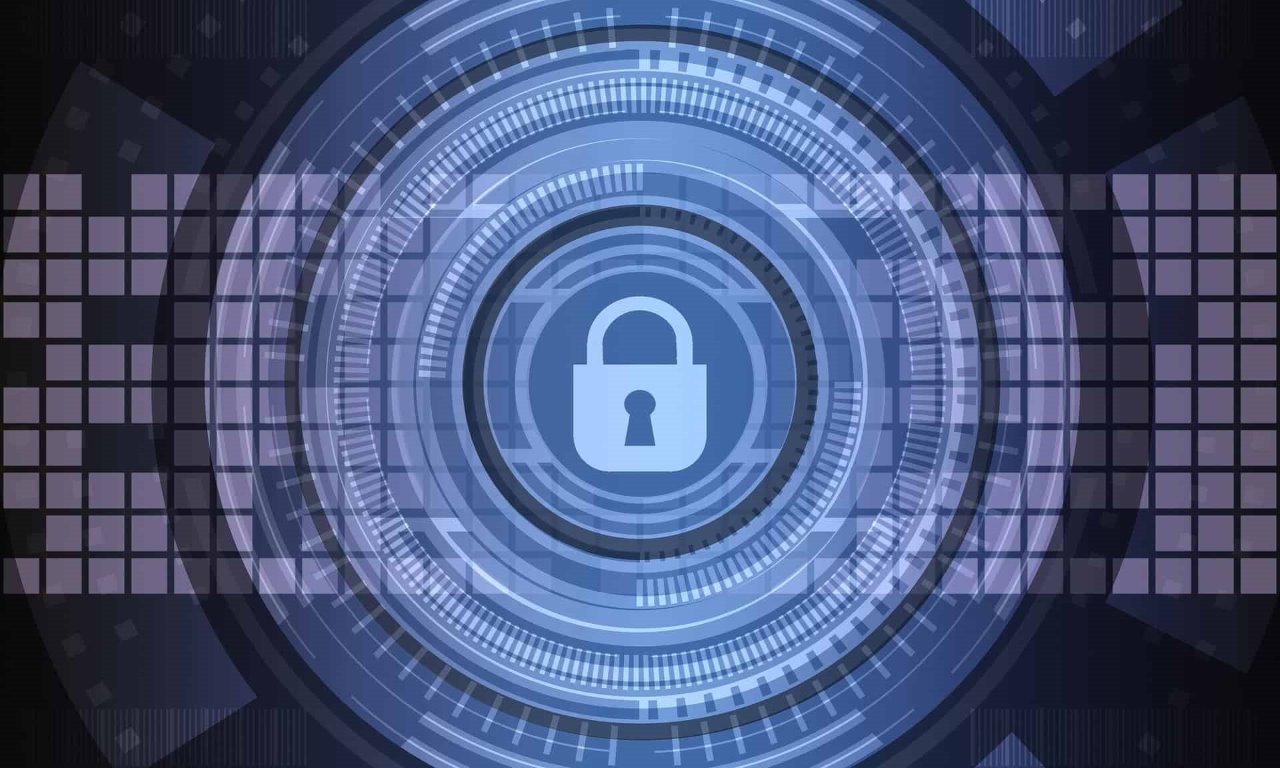These days, having a website is easy, thanks to the introduction of excellent tools and services when it comes to web design and development. Moreover, Content Management Systems or CMS such as WordPress, Drupal, and Magneto lets business owners build a significant online presence.
Because of the CMS’s extensive plug-ins, highly efficient modules and architectures, it significantly decreases the need of having to learn years of web development before having to build a website.
The convenience of having to launch a personal or business website is great. But there are downsides to it, as well.
A lot of people still do not understand what it means to keep their site secure. They do not know the importance of securing their site, and whose responsibility it is.
In this post, we will walk you through with the 11 effective tips to improve your site’s security.
1. Invest in a good hosting provider
Your site lives in your web host, and it is how pages show up in your domain. However, some hosting platforms have the possibility of being hacked. As a result, data can be compromised if there are not enough security measures in place.

Therefore, it is best that you do your research first. Then find the best fit that your company and audience needs.
It might be tempting at times to go with a cheap hosting provider. But this might cause you headaches down the road. Therefore, paying a little more for a quality hosting company means that you are putting extra layers of security for your site.
2. Scan your Plugins
Sometimes, you have to install plug-ins to properly track data, and run some features on your site.
However, these additions often come from third-parties. As a result, providing more systems to access your site and increasing your chances of being hacked.
Aside from that, plugins that are unsecured and out of date can cause your site to become vulnerable. Too many plug-ins can also be an issue, or if you are not too keen on updating your plug-ins on a regular basis.
Here are a couple of things that you need to take into consideration:
- Research the plug-ins that you will use on your site before downloading them.
- Keep the number of plug-ins that you download to a bare minimum.
- Make sure that the plug-ins are updated regularly. You can set aside one day each week to do this.
3. Backup your website
A hacked website is probably the last thing that you want to happen to you. But the thing is, you do not want to get caught off guard when worse comes to worst.
According to Sytian Productions, a top web designer in the Philippines, “A website backup is essential if you want to recover your site from a security incident. While it should not be considered as a replacement for a website security solution, backups help you recover files that are damaged.”
Every time you save a file, it should be backed up automatically in different locations. Regularly backing up your files ‒ at least once a day ‒ ensures that you do not lose your data for the day, just in case your hard drive fails.
4. Update constantly
You have to regularly update your software. No matter what platform you are in, you have to make sure that you are using the up-to-date version. You also have to update your site as soon as the new patch is issued.
Even big websites are hacked daily, simply because they are using old software versions on their site. Aside from that, utilizing a web application firewall sees to it that you are not quick enough in rolling out the latest update, the firewall will secure your site.
So, update all the software that is running on your site as soon as you are being prompted. Check updates regularly.
As soon as you get an update, stop whatever you are doing at the moment and update your site.
5. Use a strong password
Your site’s security depends on your security posture. Do you know that the passwords you use can threaten your site’s security as well?
Online, there is a long list of breached passwords. Hackers will then use these lists to create an even larger list of potential passwords.

So if your password is included in one of those lists, it will only be a matter of time before your site gets compromised.
Here are some tips to create a stronger password:
- Do not re-use old passwords: Every single password that you create should be unique. Having a password manager makes this a lot easier for you.
- Have longer passwords: Ideally, go for the ones longer than 12 characters. The longer your password is, the longer it will take for hackers to figure it out.
- Utilize random passwords: Password cracking programs can easily figure out millions of passwords within minutes if words can be found online or in dictionaries. Therefore, if you have real words included in your password, then it is not random anymore.
6. Set up a firewall
Nothing is secure on the internet anymore. Hopefully, the server your site is hosted on is trustworthy. However, if your site and web host are unprotected, you will be vulnerable to prospective viruses.
That’s precisely where a firewall comes in.
Let’s say there is a fire, and you protect yourself with a brick wall. Well, that’s exactly what a firewall does.
7. Run security checks
An excellent security check lets you know any issues on your website. To automate this, you can use a web monitoring service. All you have to do is to run a test on your site’s programming weekly.
Once the report comes in, pay close attention to the results. Chances are, these are the website’s vulnerabilities. Usually, the report contains important details on them.
For instance, it may group them according to the threat level. Start with the most harmful ones, and simultaneously fix these issues.
8. Upload an SSL Certification and Login Protection

To ensure that your website is secure and meets the latest security standards, it is important to use SSL encryption. WP Force SSL is a popular WordPress plugin that ensures all traffic to and from your website is encrypted using SSL. This plugin automatically redirects non-secure HTTP requests to HTTPS, ensuring that all communication between the website and the user is secure.
Using a security plugin such as WP Login Lockdown is equally important in protecting your WordPress website. The plugin provides an additional layer of security to your login page by limiting the number of login attempts, and locking out users who exceed these limits. This reduces the risk of brute force attacks on your login page, which is a common method used by hackers to gain unauthorized access to a website.
In summary, SSL encryption and login security are two critical factors in ensuring the safety and security of your WordPress website. SSL encryption ensures that sensitive information is kept secure, while a login security plugin like WP Login Lockdown provides an additional layer of protection against unauthorized access. By using these plugins, website owners can significantly reduce the risk of security breaches and protect their website and users’ data.
9. Disable file uploads
File uploads can cause huge concern. No matter how thoroughly your system checks them, chances are, a bug can always get through. As a result, a hacker might get in and have unlimited access in your site’s data.
So, the best solution is to disable file uploads. Place them outside a root directory. Then, utilize a script to access them. Your web host would probably help you set up this one.
10. Protect your admin directory
A clever way for hackers to access your site’s data is going directly through the source and hacking your admin directories.
While this is perhaps the most basic, and this scenario can be easily avoided, surprisingly, millions of sites still ignore it.
Most of them will utilize scripts that will scan all the directories in your web server for common giveaway names like “log-in” or “admin.” Then they will focus on entering these directories that will hurt your site’s security.
Luckily, most CMS’s lets you rename the admin folders with any name of your choice. Pick random names that are familiar only to your webmasters to decrease the possibility of having a potential breach.
11. Monitor your website
Regularly monitor, review, and store a log of all the activities on your site. This will allow you to detect any kind of attacks and defend your website if an attack happens.
You have to analyze these data at least once a day to identify prospective threats. That will make you be better alerted in the future.
If you are handling credit card and debit card transactions, you have to store at least a year security log data to meet the requirements of the Payment Card Industry Data Security Standard or PCI DSS.
Over to You
Maintaining your site’s security can be a bit overwhelming, and at times, technical. However, implementing these can result in quick wins for your website in the long run.
You will be able to sleep well knowing that your website data are secured.
Taking these steps will ensure that your website is more secure. As a result, this will make prospects more comfortable in converting and eventually doing business with you later on.
Remember that even if you have a long list of priorities, your site’s security should still make it on top of your list. Therefore, it is essential that you revisit it every so often.
Of course, you can never undo the damage done by hackers. However, you can still take the necessary steps to avoid and prevent it from happening. Protecting your site will discourage them. Remember that thieves are more likely to steal from those who leave their doors unlocked. Look here to check out some VPNs you can use to keep yourself safe when browsing.
